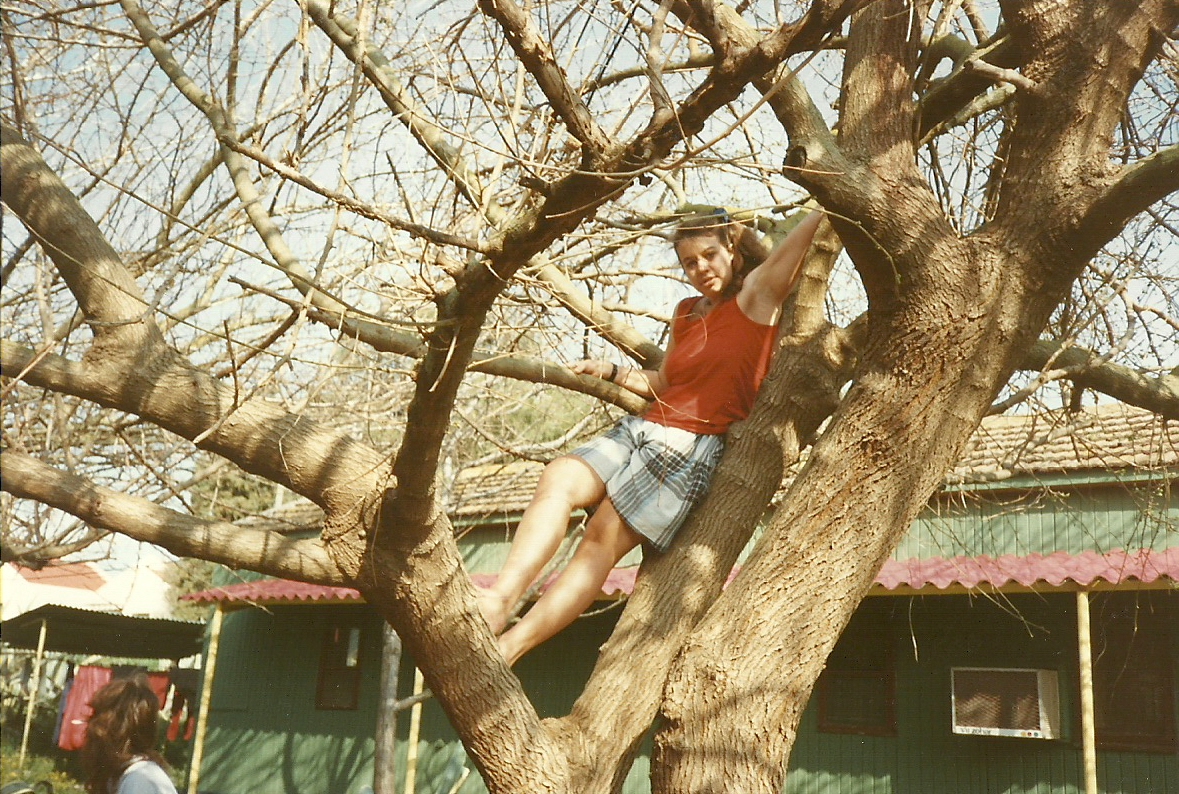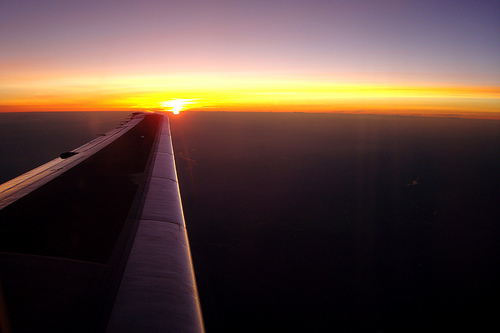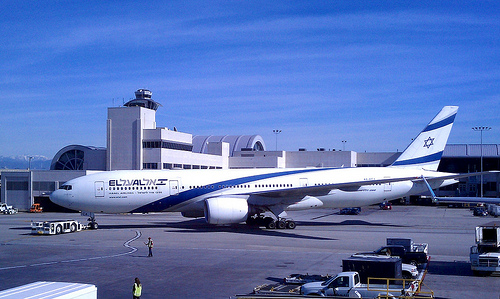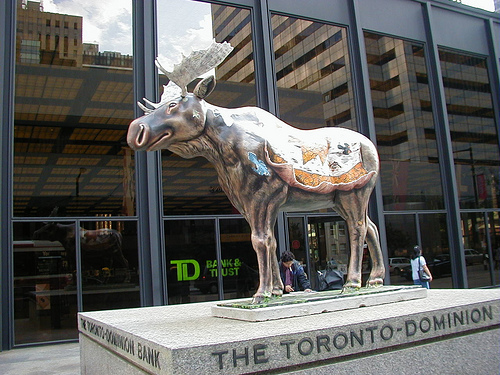This post is a continuation of the story of my time in Israel in the early 1990’s…
Moments after I had finally fallen into a fitful, uncomfortable sleep, I was jolted awake by the sound of a man speaking in a language I did not understand. By the time my exhausted mind had registered where I was, the Hebrew had morphed into accented English: We’re on final approach to Ben Gurion International Airport in Tel Aviv. Return to your seats, fasten your seatbelts, etc. etc.
This was it. The beginning of what would probably not be an entirely new life, but it would at least be a temporary escape from my regular life. I was more than a little anxious. Here I was, a shy, socially awkward person with recent trauma under my belt, in a strange new land with strange new people. What was I thinking? I didn’t know how to interact with other people at the best of times. I had a sudden fear that I would be way out of my depth here. I wanted to turn around and run back onto the plane I had just left.
There were about fifteen of us going into the Kibbutz program. We made a somewhat motley group, standing on the sidewalk outside the airport with our luggage, waiting for our transportation. Our huddle was thrown into disconcerted disarray when a pair of Israeli men who were walking down the sidewalk didn’t make efforts to circumvent our little group, instead marching straight through the middle of us, talking animatedly to each other and offering us loud, lively, incomprehensible greetings. Somehow their exuberant friendliness negated any sense of rudeness or intrusion. Our coordinator explained to us that this is just the way many Israeli people are.
After what seemed like an interminable wait in the cold and the rain, six of us were bundled into a minivan along with our luggage. Our coordinator said goodbye and wished us luck, and then the van door slammed shut and we were flying down the road. About an hour later we arrived at the place that would be home for the next several months: Kibbutz Yakum, near the coastal town of Netanya, about an hour’s drive north of Tel Aviv.
Once we had arrived at Yakum, we were divided into pairs and given rooms in the volunteer village. Lesley, a woman who ate scary quantities of food and yet remained impossibly skinny, was paired with Antoinette, whose claim to fame was that she was a distant relative of former South African president F. W. De Klerk. My roommate was tall Loren, with whom I struck up an immediate and lasting friendship. The only two men in our group were placed together: Alex, a gentle, kind-hearted soul with obvious developmental delays, and Wayne, who had sat beside me on the plane.
Once we had dumped our luggage in our rooms, one of the other volunteers, a Swiss man by the name of Ollie, fetched us and took us to the dining hall. He led us to a table occupied by an ancient woman called Nurit, who turned out to be the volunteer coordinator. It was her job to schedule and post the volunteers’ working rosters. Most of the jobs were rotated weekly, but if a volunteer liked a particular job, he or she could request to be permanently assigned to it.
By the time Nurit had told us how everything worked and given us a tour of the place, it was dinnertime. At that point we were so exhausted that we barely registered anything about the food or the people who were sharing the table with us. We had all planned to have dinner and then go straight to bed for some much-needed sleep, but our fellow volunteers had other ideas. They took us to the clubhouse, where they had set up a welcome party in our honour.
It would have been rude to refuse. Despite the fact that we started the party feeling ill from exhaustion, we wound up having a fantastic time. We stayed up late, drinking and talking and laughing with our new friends until the small hours of the morning.
Thus began our new life as Kibbutz Yakum volunteers.













